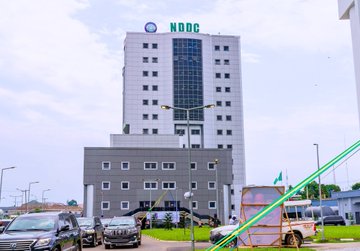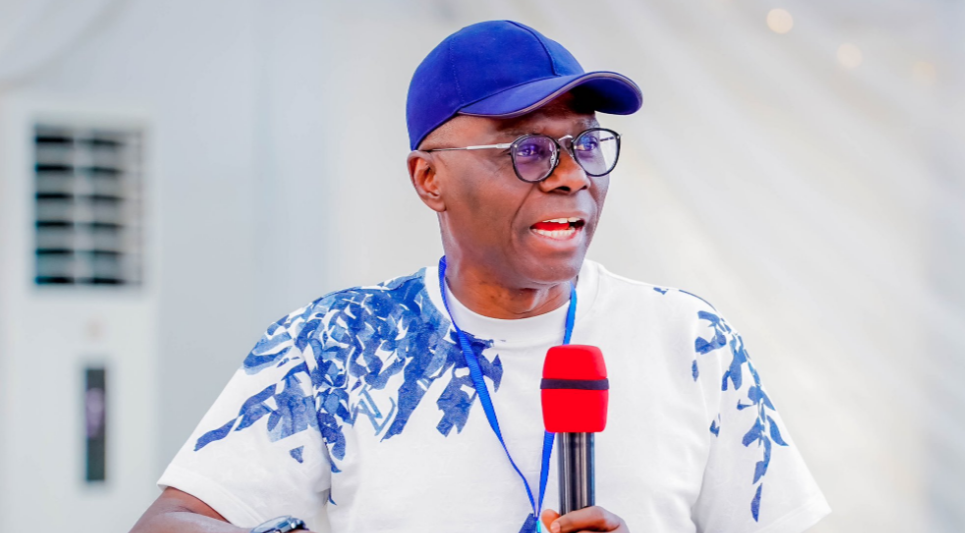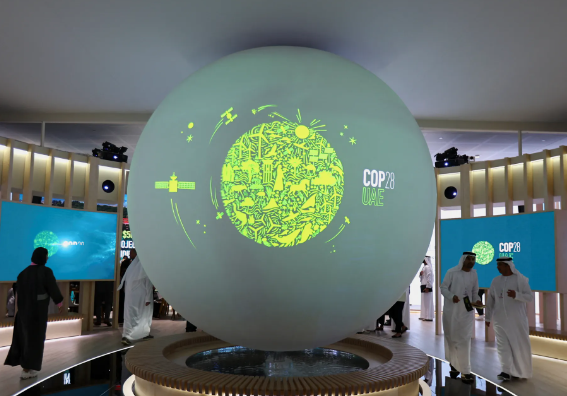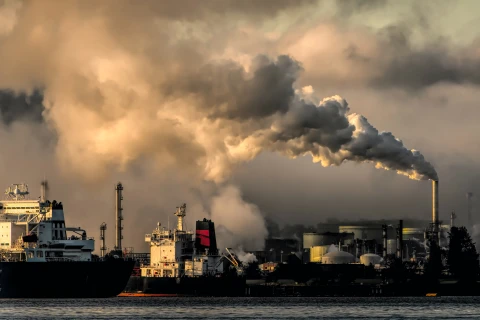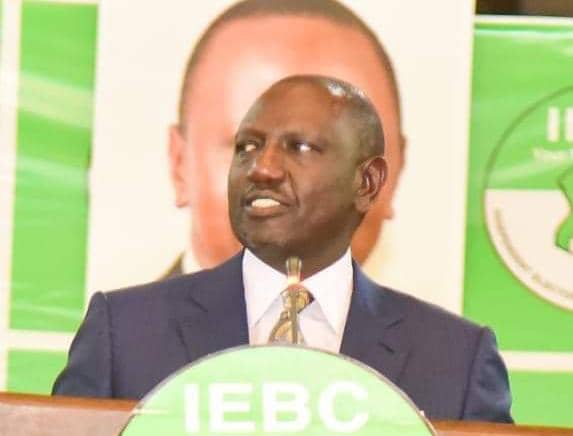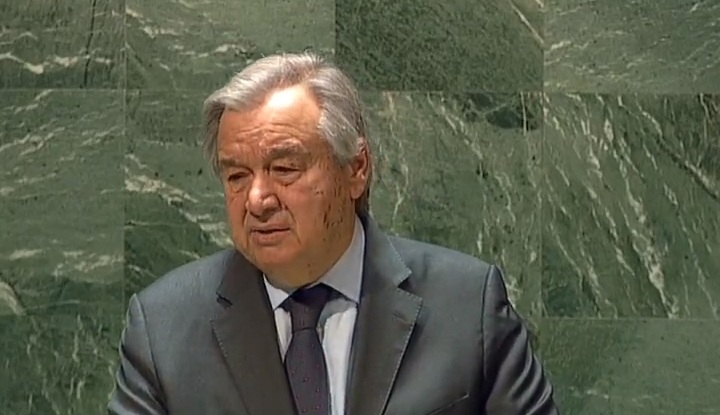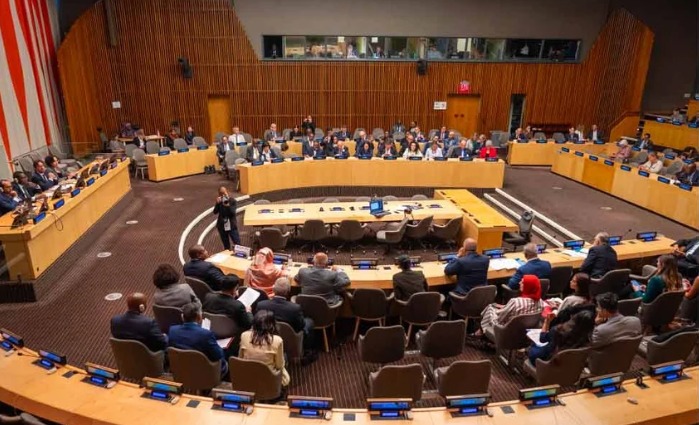Despite directly impacting our communities, health, and livelihood, climate-related reports usually take a back seat to dominant news beats like politics and business. Climate Watch aims to ensure you never miss important stories on climate change and actions being taken toward limiting its impacts.
Here is a round-up of last week’s climate stories:
- The British high commission in Nigeria says it will collaborate with the Niger Delta Development Commission (NDDC) on renewable, clean energy and green infrastructure in the region. Hamish Tye, the British high commissioner, spoke during a visit to Samuel Ogbuku, NDDC managing director, in Port Harcourt, Rivers state. Tye said the commission has shown commitment towards sustainable development in the Niger Delta through its partnership with national and international organisations. Speaking during the visit, Ogbuku said the NDDC has made public-private partnership (PPP) its focus to drive the development of the Niger Delta. He added that “for delegates from the British High Commission in Nigeria to visit us, it shows that they believe in us and are interested in what we are doing. This means that we are making remarkable progress.”
- In a weather outlook released last week in Abuja, the Nigerian Meteorological Agency (NiMet) predicted that over 20 states in the country would experience thunderstorms from September 12 to 14. The states included Cross River; Akwa-Ibom; Sokoto; Zamfara; Katsina; Lagos and Osun, among others. The agency warned of moderate to heavy rainfall that could cause flash floods in different parts of the country. NiMet urged members of the public to be cautious and adhere to safety measures as the intense wind could follow the thunderstorm. Read more here.
- Storm Daniel, an extremely deadly Mediterranean tropical-like cyclone, collapsed two dams in eastern Libya, leading to massive floods in the country. Nearly 3,000 persons were dead and around 10,000 others have gone missing. Following the incident, major parts of the city of Derna — home to approximately 100,000 people – have been labelled a “disaster city”. Tamer Ramadan, head of the International Federation of the Red Cross and Red Crescent Societies (IFRC) delegation in Libya, on September 12, said the death toll was huge and might reach thousands. Ramadan said IFRC would launch an appeal for emergency funding to support the flood victims. Read more here.
- At the G20 summit which was held in India, the United Kingdom (UK) said it would contribute £1.62 billion to the Green Climate Fund (GCF). Rishi Sunak, UK prime minister, said the pledge represents a 12.7 percent increase in the nation’s previous contribution to the GCF for 2020 to 2023. Sunak called on leaders of developed countries to work together ahead of COP28 and support vulnerable economies on the impact of climate change. Also speaking, Richard Montgomery, UK high commissioner to Nigeria, said the country would benefit from the climate adaptation fund. Montgomery said GCF would tackle poverty, improve food security and support Nigeria’s transition to a sustainable low-carbon economy. Read more here.
- In an interview with TheCable, Salisu Dahiru, director-general of the National Climate Change Council (NCCC), said Nigeria intends to decarbonise its energy sector by phasing out generators that use petrol or diesel. Dahiru said Nigeria has the largest economy in Africa, adding that climate challenges present the best opportunities for investment in the continent’s green projects. Read more here.
- Also, Dahiru said the federal government has approved the siting of a plant to manufacture environment-friendly cooking devices in Ogun state. He said the government recognises that climate change provides an opportunity to revamp the economy, provide security and end the country’s over-reliance on fossil fuels. The NCCC director-general said the cooking device initiative is also part of the government’s efforts to mitigate the effects of climate change in Nigeria. Read more here.
- After the heavy rainfalls in parts of Lagos which flooded houses and damaged properties on September 16, Babajide Sanwo-Olu, the state governor, said the government would not tolerate indiscriminate dumping of refuse on waterways. Sanwo-Olu said residents had earlier been warned of heavy rainfalls. The areas most affected by flooding include Satellite Town; Oko-baba in Agege; Egbeda; Ikotun; Ajegunle; and Ojo. Find out more here.
Add a comment
